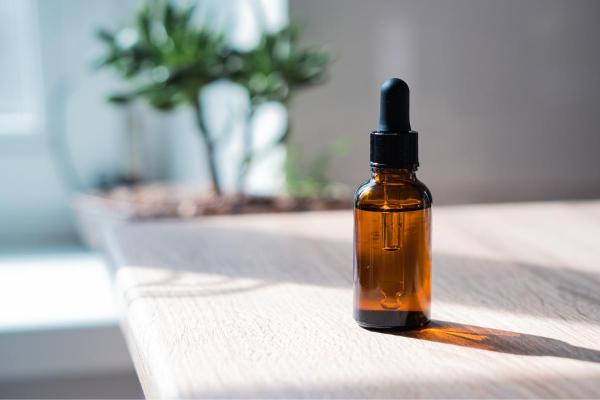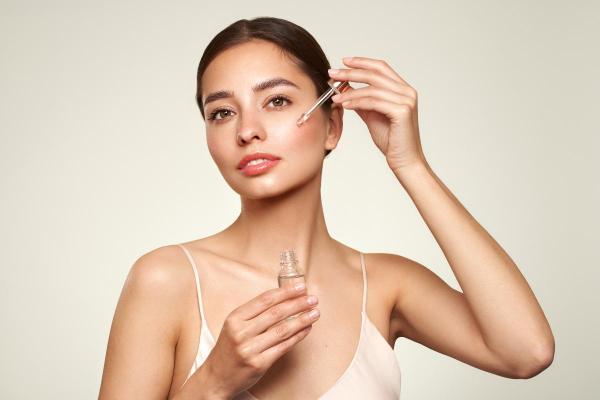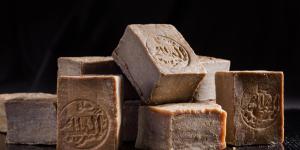What Is Retinal? - The Anti-Aging Alternative to Retinol


While retinol has long been a mainstay in anti-aging skincare, a new contender is gaining ground: retinal. This derivative of vitamin A offers a powerful alternative, especially for those with sensitive skin. Retinal boasts impressive benefits for tackling wrinkles, acne, and hyperpigmentation. It works faster than retinol due to its quicker conversion within the skin. The good news for sensitive skin types? Retinal may be gentler, potentially causing less irritation than its predecessor.
The following oneHOWTO article explains what retinal is, its benefits, how to use it, and how it compares to retinol.
What is retinal?
Retinal, also known as retinaldehyde, is a powerful player in the retinoid family. Retinoids are a group of vitamin A derivatives prized for their anti-aging benefits in skincare.
Unlike retinol, which needs conversion by the skin before becoming active, retinal can be used directly by skin cells. This translates to faster and more visible results in tackling wrinkles, acne, and hyperpigmentation. It's also believed to be gentler on some skin types compared to retinol, which can be irritating.
While retinal boasts impressive benefits, it's crucial to use it carefully. Following product instructions and starting slow is essential to minimize potential irritation. If you experience any concerns or adverse reactions, consult a dermatologist for personalized advice.

What is retinal used for?
Retinal is a widely used component in various facial treatments and skincare products. Some of its key benefits include:
- Retinal stimulates collagen production, leading to smoother skin texture, diminished wrinkles and fine lines, and improved firmness and elasticity.
- Retinal's exfoliating and anti-inflammatory properties help unclog pores, regulate sebum production, and prevent new acne breakouts.
- Retinal addresses excessive melanin production, effectively reducing dark spots, acne scars, and hyperpigmentation.
- By promoting cell turnover, retinal helps achieve smoother skin texture, even skin tone, and a more radiant complexion.
- Retinal helps shed dead skin cells, revealing smoother and brighter skin. It can also minimize the appearance of enlarged pores.
How to apply retinal?
- Start by gently washing your face with a cleanser to remove dirt, oil, and makeup. Pat your skin completely dry before applying retinal.
- For first-time users, apply a pea-sized amount of retinal every other night. Since retinal increases sun sensitivity, apply it only at night. Gradually increase frequency as your skin adjusts. Don't overdo it. A small amount is sufficient.
- Apply the product in gentle upward and outward motions, avoiding the delicate eye and lip areas.If you have sensitive skin, consider applying moisturizer before retinal to minimize irritation.
- Retinal can be drying, so follow up with a fragrance-free moisturizer to hydrate your skin.
- Retinal increases sun sensitivity, so daily use of a broad-spectrum sunscreen with SPF 30 or higher is essential, even on cloudy days.
For personalized advice on incorporating retinal into your routine, talk to a dermatologist.

Side effects of retinal
Although retinal is generally safe for most individuals, some may experience mild side effects, particularly in the initial stages of use. These side effects can include:
- Redness: some individuals may notice redness, especially during the first few weeks of using retinal.
- Peeling or dryness: it's common for users to experience peeling or dryness as their skin adjusts to the product.
These side effects are typically temporary and tend to diminish as the skin becomes accustomed to retinal. However, if you encounter persistent or severe irritation, it's advisable to discontinue use and seek advice from a dermatologist.
Difference between retinal and retinol
As mentioned earlier, Both retinal and retinol are forms of vitamin A prized for their ability to combat wrinkles and signs of aging. However, they have distinct functionalities within the skin, these include:
- Conversion rate: retinal is a more efficient retinoid. Unlike retinol, which requires two conversions in the skin to become retinoic acid (the active form), retinal needs only one. This quicker conversion translates to faster visible results on the skin's texture and appearance.
- Strength and irritation: the increased potency of retinal comes with a potential downside: irritation. Those with sensitive skin might experience more irritation with retinal compared to retinol. To minimize this, start with a lower concentration and gradually increase frequency as your skin adjusts.
- Shelf life: retinal offers a practical advantage – stability. Skincare products containing retinal tend to have a longer shelf life than those with retinol. This means the product maintains its effectiveness for a longer period without losing potency.
How to choose between retinal and retinol?
There are basically two facts to consider when it comes to choosing between retinal and retinol.
On the one hand, if you have sensitive skin, consider starting with retinol. Its slower conversion process may lead to less irritation. However, regardless of your choice, always introduce any new product gradually.
If, on the other hand, you prioritize faster results for concerns like wrinkles or acne, retinal's higher potency makes it a more effective option.
As always, for personalized advice on incorporating retinal or retinol into your skincare routine, consulting a dermatologist is always recommended.
If you want to read similar articles to What Is Retinal? - The Anti-Aging Alternative to Retinol, we recommend you visit our Beauty & Personal Care category.






